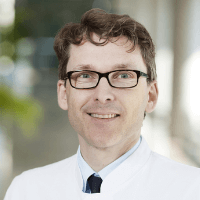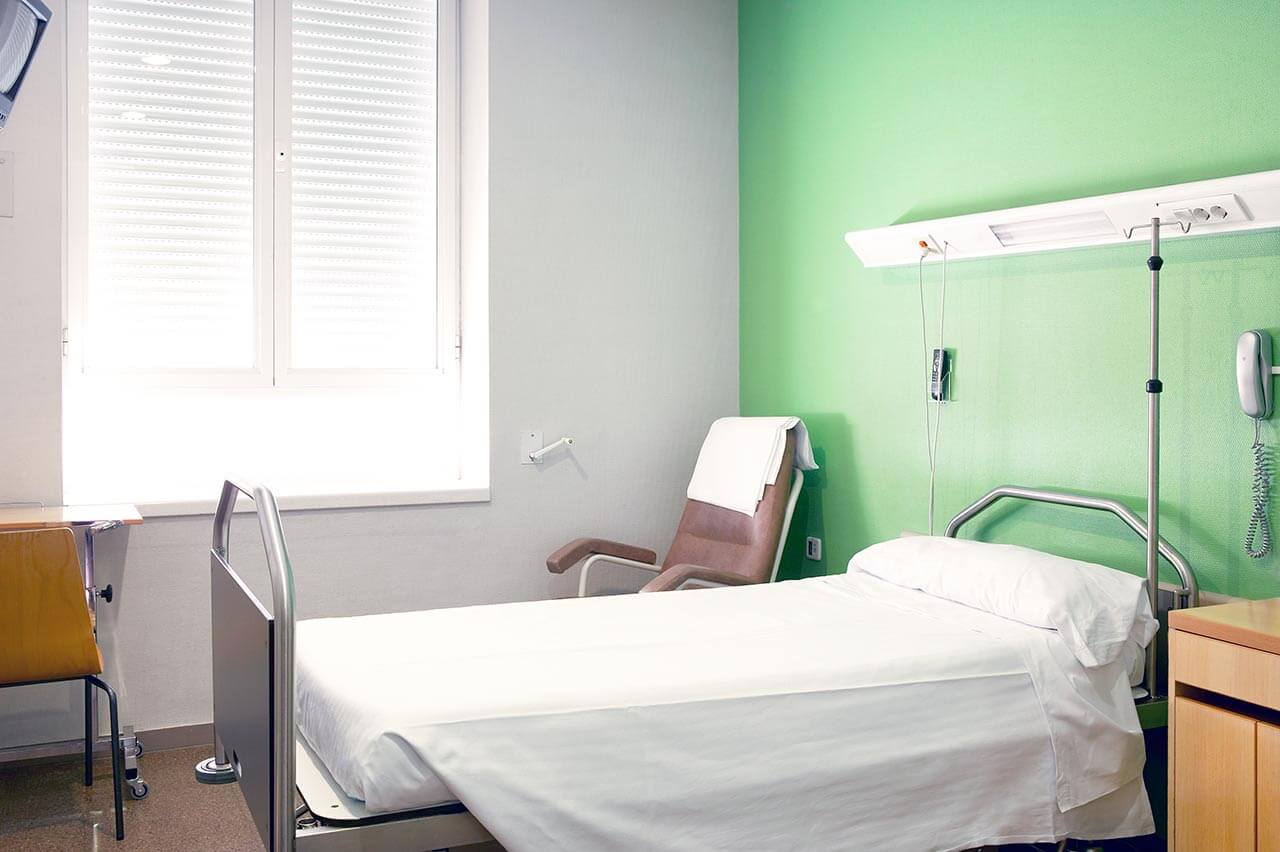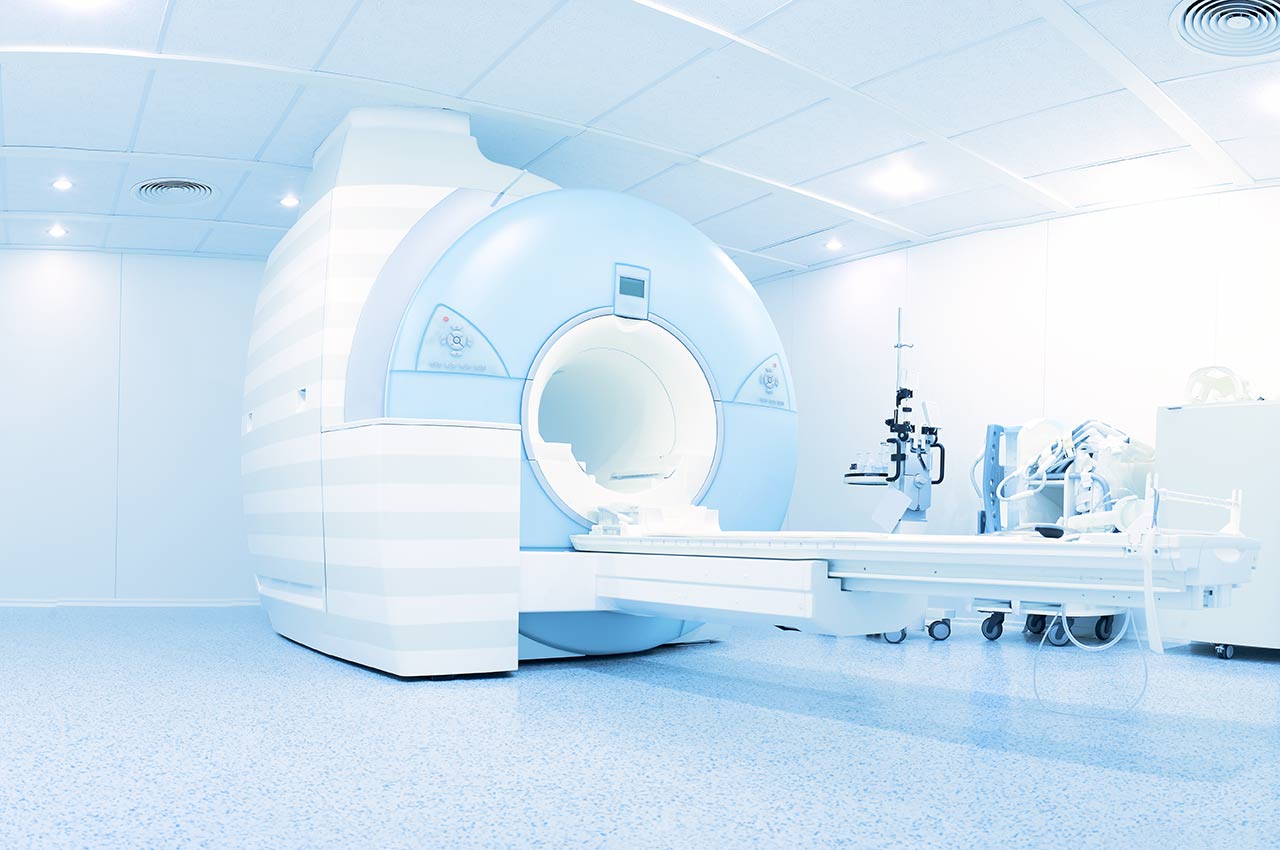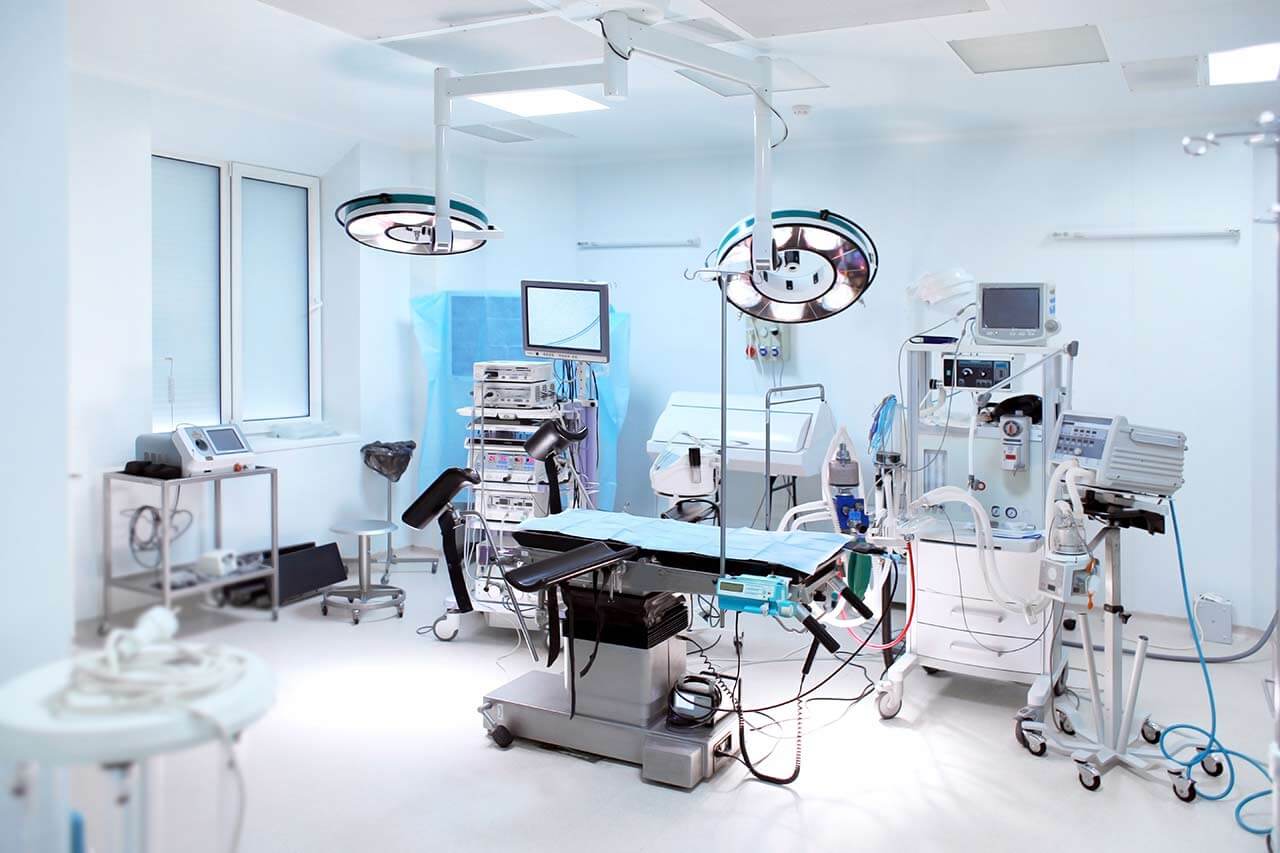
The program includes:
- Initial presentation in the clinic
- clinical history taking
- review of medical records
- physical examination
- urological examination
- laboratory tests:
- complete blood count
- general urine analysis
- biochemical blood test
- inflammation markers (CRP, ESR)
- blood coagulation analysis (aPTT, PT, INR)
- tumor markers, PSA
- ultrasound of pelvic organs (abdominal or through rectum)
- PSMA PET-CT
- nursing services
- consultation of related specialists
- treatment by chief physician and all leading experts
- explanation of individual treatment plan
Required documents
- Medical records
- MRI/CT scan (not older than 3 months)
- Biopsy results (if available)
Service
You may also book:
 BookingHealth Price from:
BookingHealth Price from:
About the department
The Department of Nuclear Medicine at the University Hospital Würzburg offers all modern diagnostic and therapeutic procedures using radioactive substances. In addition to the classical methods of nuclear diagnostics, for example, thyroid scintigraphy, special attention is paid to the functional and molecular imaging using the state-of-art PET-CT and SPECT-CT techniques. The department is headed by Prof. Dr. med. Andreas Buck.
A special feature of the department is also the Section of Radiochemistry, which produces its own radiopharmaceutical medicines for the targeted therapy of oncopathology (including prostate cancer, neuroendocrine tumors or lymphomas), diseases of the cardiovascular system, and neurological disorders.
The department is engaged in active research activities, which allowed to introduce into clinical practice many innovations, for example, PSMA therapy with radiotherapy pharmaceutical medication Lutetium-177 for prostate cancer treatment, DOTATOC therapy with radiopharmaceutical medication Lutetium-177 for the treatment of neuroendocrine tumors. In addition, as a part of clinical trials, the department offers the treatment of adrenal carcinoma with Iodometidate-131 or the treatment of multiple myeloma and other malignant neoplasms with the help of the CXCR4 Chemokine Receptor-Ligand associated with Lutetium-177.
The diagnostic and therapeutic service range of the department covers the following options:
- Pain therapy
- Pain therapy in bone metastases
- Radiosynoviorthese (RSO) in inflammatory joint diseases
- Radioiodine therapy in cancer and other thyroid diseases
- Cancer therapy
- Peptide receptor radionuclide therapy using Lu-177/Y-90-Dotatate
- Lu-177 PSMA therapy
- Lu-177/Y-90-CXCR4 therapy
- Thyroid diagnostics (within the specialized outpatient clinic)
- Ultrasound examinations
- Scintigraphy
- SPECT-CT
- PET CT
- Laboratory tests
- Combined PET-CT technique
- Scintigraphy
- SPECT-CT diagnostics
- Treatment within the clinical trials
- Other medical services
Photo of the doctor: (c) Universitätsklinikum Würzburg
About hospital
According to the FOCUS magazine in 2019, the University Hospital Würzburg ranks among the top national German hospitals!
The hospital is one of the oldest medical facilities in Germany. The centuries-old traditions of first-class treatment are combined with the very latest achievements of modern evidence-based medicine and advanced expert experience. The hospital is the maximum care medical center and covers all fields of modern medicine. The hospital has an impeccable international reputation and treats a large number of patients from other countries every year.
A distinctive peculiarity of the hospital is active interdisciplinary cooperation. A large number of diseases are diagnosed and treated within the specialized centers, which medical teams rely on the unique experience of treatment of a wide variety of clinical cases. For example, such centers include the General Cancer Center, the Stem Cell Therapy Center, the Breast Health Center, the Gastrointestinal Center, the Thoracic Surgery Center, etc. In total, the hospital has more than 40 centers of this kind. Therefore, the patients of the hospital are confident that they will be offered the most relevant treatment in accordance with the very latest medical recommendations.
In addition to the most advanced achievements and methods of modern medicine, the medical team of the hospital makes every effort to create a comfortable, friendly atmosphere, which promotes patient well-being and recovery.
Photo: (с) depositphotos
Accommodation in hospital
Patients rooms
The patients of the University Hospital Würzburg live in comfortable rooms made in a modern design and bright colors. The patient room includes a bed with a remote control, a bedside table with a sliding table, a wardrobe, a TV. The patient rooms have the possibility of Internet connection. The enhanced-comfort rooms are equipped with a safe, a fridge and upholstered furniture.
Meals and Menus
The patients of the hospital are offered a varied and tasty three meals a day. There is a daily choice of several menus, including a dietary one. In case of intolerance to any food, please inform the medical staff about your food preferences in advance. After that, you will be offered an individual menu. Also, the hospital houses the cafes and cafeterias with a wide assortment of drinks, fresh pastries, fresh salads, sweets and other dishes.
Further details
Standard rooms include:
Religion
Christian priests are available for the patients at any time. Representatives of other religions may be requested at any time.
Accompanying person
Your companion may stay with you in your room or at a hotel of your choice during the fixed program.
Hotel
You may stay at the clinic hotel or a hotel of your choice during the outpatient program. Our manager will help you choose the best option.





